Important Deadlines
Abstract Submission
31 Jan 2026
Full Paper Submission
15 Feb 2026
Conference Updates
📅 Last Date for Abstract Submission Extended: 31st January 2026
📄 Submission of full-length paper: 15th February 2026
🎓Student Innovation Meet:For more info
Satellite Seminar on Urban Pest Management: 27th February 2026
PPAI Awards 2026: Click here for More Info
Sponsorship Avenues: Join Hands in Advancing Agricultural Innovation
Excellence Awards for:
Best Poster Presentations and
Best Oral Presentations, celebrating the remarkable contributions of both
researchers and students across all conference themes.
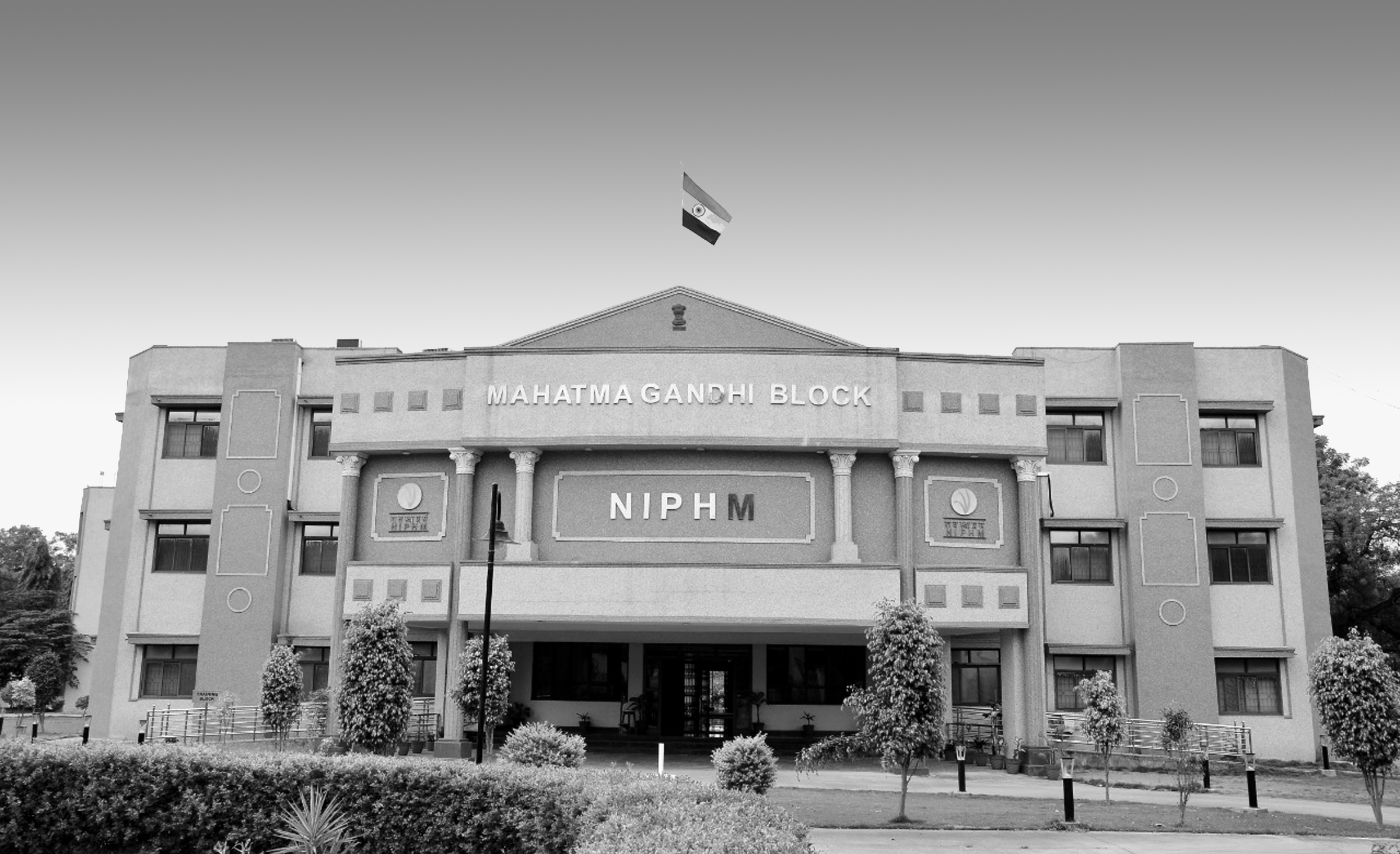
The Organization
NIPHM is an autonomous organization under Ministry of Agriculture & Farmers Welfare, Government of India. It is established with the objectives of human resource development in plant protection technology, plant quarantine and bio-security with special emphasis on crop oriented Integrated Pest Management approaches. It also, trains personnel in analysis of pesticide formulations, pesticide residues for monitoring the residue levels in the agricultural produce and aspects related to plant health engineering. .
National Conference on "Innovations in Plant Health Management for Resilient Agriculture and Agri-Export Promotion"
Importance of the Conference:
Conference Highlights
• The "Innovations in Plant Health Management for Resilient Agriculture and Agri-Export Promotion" conference, organized by NIPHM, PPAI, ESI, IES, and ISAE, is designed as a pivotal national forum to address the evolving landscape of plant health.
• In an era marked by climate change, emerging biothreats, and global trade demands, ensuring robust plant health is paramount for India's food security, environmental sustainability, and economic prosperity through agri-exports.
• This conference aims to synthesize cutting-edge scientific advancements with practical, scalable solutions across diverse themes, from integrated pest management and sustainable soil health to advanced digital technologies and responsible input use.
• It seeks to foster collaborative dialogue, bridge the gap between research and field application, and shape policy recommendations that strengthen India's agricultural resilience and competitiveness on the global stage.
Aim & Scope:
Conference Overview & Scope
• The National Institute of Plant Health Management (NIPHM), Plant Protection Association of India (PPAI), Entomological Society of India (ESI), Indian Ecological Society (IES), and Indian Society for Agricultural Engineering (ISAE) are proud to jointly host a prominent national conference on "Innovations in Plant Health Management for Resilient Agriculture and Agri-Export Promotion (IPHMRA & AEP)". Scheduled for February 26-28, 2026, at NIPHM, Hyderabad, this event will convene leading experts, researchers, policymakers, and stakeholders.
• With NIPHM and PPAI leading key organizational responsibilities, the conference aims to serve as a pivotal forum for showcasing cutting-edge research, technologies, and sustainable practices in plant health. It will address contemporary challenges from climate change to biosecurity, emphasizing holistic approaches, technological advancements, and socio-economic considerations. The scope encompasses fostering robust plant health strategies, leveraging agrobiodiversity, promoting safe inputs, embracing mechanization, and strengthening policy frameworks — all critical for enhancing agricultural resilience and boosting India's agri-exports.
Role of Students in the Conference
• Recognizing that today's students are tomorrow's leaders and innovators, this conference places a strong emphasis on their active involvement.
• Students are warmly invited to contribute their enthusiasm, fresh perspectives, and budding expertise across various facets of the event. They will be integral members of different working committees, gaining invaluable experience in conference management and networking.
• Furthermore, students will have unique opportunities to serve as rapporteurs for technical sessions — honing their scientific communication skills — and as judges for poster presentations, providing peer-level insights and feedback. Beyond formal roles, students are encouraged to actively participate in discussions, present their research, engage with experts at the exhibition, and network with professionals, thereby building crucial connections and gaining exposure to the forefront of plant health management research and industry.
• Their active participation is vital for shaping a dynamic and forward-looking conference experience.
Meet our Organizers
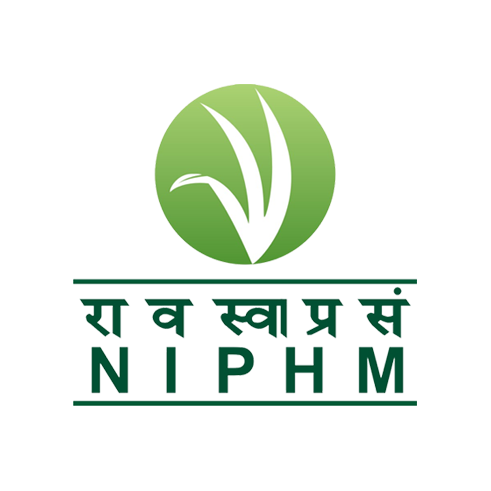
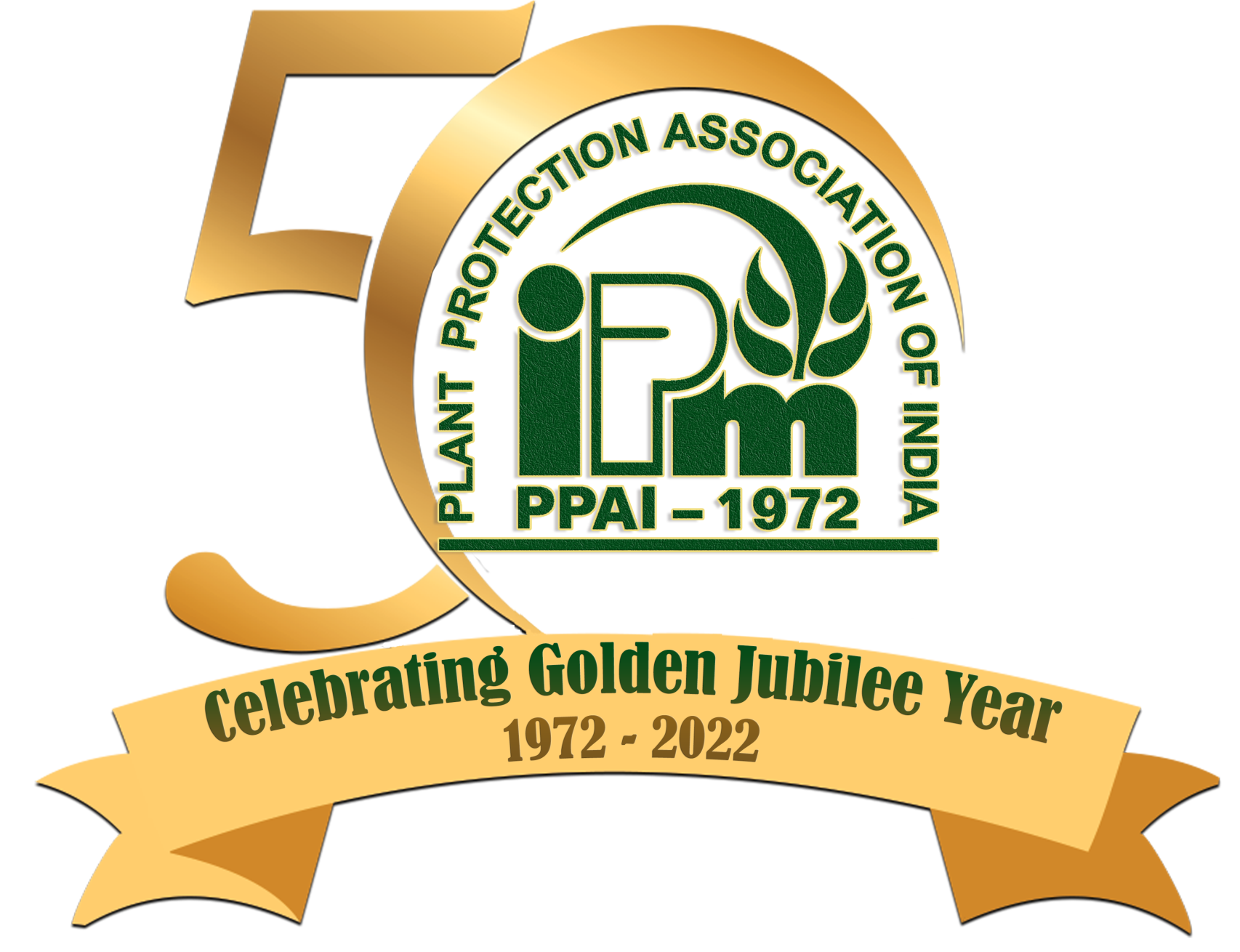
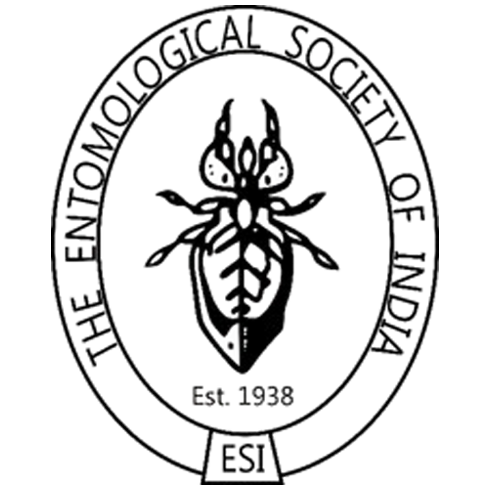
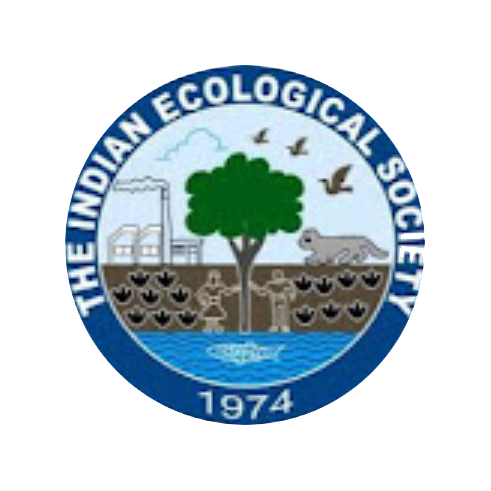
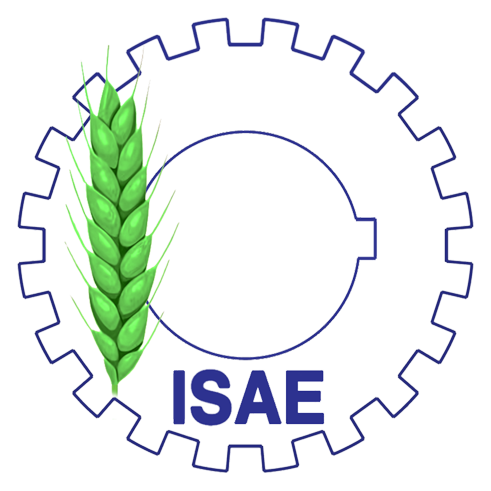

Themes:
Integrated and Holistic Plant Health Management Strategies
Sub Themes:
• Synergizing Traditional and Modern Plant Protection Methods: Bridging indigenous knowledge with cutting-edge techniques for effective pest and disease management.
• Community-Based Surveillance and Rapid Response Systems: Empowering local communities and leveraging their involvement in early detection and response to plant health threats.
• Integration of Climate-Smart Practices in Plant Health Management: Adapting plant health strategies to the challenges of a changing climate, ensuring sustainability.
• Risk Assessment and Early Warning Systems for Emerging Threats: Developing proactive mechanisms to identify and mitigate new or re-emerging plant health risks.
• Policy, Governance, and Strengthening National Plant Health Systems: Examining the legislative and institutional frameworks crucial for robust plant health.
Biosecurity, Quarantine, and Trade-Safe Agriculture
Sub Themes:
• Molecular Diagnostics of Quarantine-Regulated Pests and Diseases: Rapid and accurate identification of regulated threats to protect agricultural trade.
• Enhanced Surveillance for Emerging Quarantine Pests and Diseases: Strengthening detection systems at borders and within agro-ecosystems to prevent incursions.
• Advanced Post-Harvest and Storage Pest Management for Quality Produce: Innovations to maintain product quality and safety, crucial for export.
• Protection of Biodiversity from Invasive Alien Species: Strategies to prevent and manage the spread of invasive species that threaten native flora and agricultural systems.
• International Cooperation and Harmonization of Phytosanitary Regulations: Collaborative efforts to streamline global trade while ensuring biosecurity.
Advanced Technological Innovations in Plant Health
Sub Themes:
• Technological interventions to deal with weed management in general and plant health management in forestry and horticultural crops.
• Interventions to Precision Agriculture and Digital Diagnostics for Pest and Disease Monitoring: Adopting remote sensing, drones, and GIS for real-time surveillance and decision-making.
• Artificial Intelligence, Machine Learning, and Automated Sensor Networks: Applying AI for predictive analytics in plant protection and smart monitoring of environmental and crop health.
• Advanced Molecular Diagnostics and Biotechnology Tools: Employing molecular methods for rapid pathogen identification, resistance screening, and developing host plant resistance.
• Emerging Biopesticides and Eco-Friendly Crop Protection Solutions: Exploring novel biological and environmentally benign alternatives for pest and disease control.
• Blockchain and Traceability Technologies in Plant Health Management: Ensuring transparency and safety in the agri-food supply chain, supporting agri-export promotion.
Capacity Building, Stakeholder Engagement, and Policy for the Future
Sub Themes:
• Public-Private Partnerships and Collaborative Research & Innovation: Fostering cooperation among government, industry, academia, and farmers for plant health solutions.
• Education, Vocational Training, and Knowledge Exchange Platforms: Developing human capital and facilitating the sharing of best practices and local innovations.
• Empowering Youth, Women, and Smallholder Farmers in Plant Health Initiatives: Ensuring inclusive participation and capacity development for marginalized communities.
• Promoting Participatory Research and Citizen Science in Plant Health Monitoring: Engaging farmers and citizens in data collection and problem-solving.
• Policy Advocacy for Sustainable Plant Protection and Inclusive Governance: Shaping robust legislative frameworks that integrate plant health into broader food security and environmental policies.
• Mobilizing Sustainable Financing and Investment for Plant Health Initiatives: Exploring mechanisms to secure resources for long-term plant health programs.
Agrobiodiversity and Soil Health for Enhanced Plant Protection
Sub Themes:
• The Soil Microbiome: Unlocking Plant Resilience and Nutrient Cycling: Exploring the critical role of soil microorganisms in plant health, nutrition, and stress tolerance.
• Genetic Diversity in Crops and Wild Relatives for Enhanced Plant Health: Leveraging crop genetic resources and agrobiodiversity for inherent pest and disease resistance.
• Sustainable Soil Management Practices for Robust Plant Health: Implementing practices like conservation agriculture, organic matter management, and integrated nutrient management.
• Climate Change Impacts on Agrobiodiversity, Soil Health, and Plant Adaptability: Addressing the consequences of climate change on agroecosystems and strategies for adaptation.
• Integrated Pest and Disease Management (IPDM) through Agroecological Principles: Utilizing ecological approaches like polyculture, crop rotation, and beneficial insects for natural pest regulation.
• Traditional Ecological Knowledge and Indigenous Farming Practices: Recognizing and integrating traditional wisdom for sustainable plant protection and agrobiodiversity conservation.
Exhibition
The Plant Health Innovations Exhibition: Bridging Knowledge to Practice
To complement the rich discussions and insights shared during the conference, we're excited to host a dedicated exhibition. This will serve as a dynamic platform where industry innovators, public sector institutions, and research organizations can showcase tangible advancements, successful projects, and impactful technologies in plant health management.
Exhibition Highlights:
This exhibition showcases integrated, innovative, and scalable solutions across four key themes:
1. Sustainable Inputs and Genetic Solutions
Focuses on eco-friendly crop protection including low-risk chemical pesticides, biopesticides,
and biological control agents. It also highlights improved and traditional crop varieties with
inherent resilience, promoting sustainable plant health management.
2. Best Practices and Community-Led Solutions
Features successful Integrated Plant Health Management models, community-driven pest
control initiatives, and highlights the vital role of women and youth in advancing plant health
outcomes through grassroots innovations.
3. Advanced Technologies and Mechanization
Demonstrates cutting-edge tools such as AI-based diagnostics, robotics, and smart equipment
for spraying, monitoring, and mechanized operations that enhance precision, reduce labor, and
improve timeliness in plant protection.
4. Impact, Resilience, and the Way Forward
Presents data-driven impacts of interventions, resilience stories, and the use of blockchain for
traceability and transparency in agri-supply chains. This section emphasizes measurable
outcomes and pathways to scale successful solutions.
• Stall charges – size – 3m x 3m area – Rs. 25,000/- (One registration free)
CALL FOR PAPERS:
DETAILS FOR CONFERENCE REGISTRATION:
| Category | Regular (Till Feb 15, 2026) |
Spot Registration (Till Feb 26, 2026) |
|---|---|---|
| Members of PPAI, ESI, IES, ISAE & IPS | ₹6000 | ₹8000 |
| Non-Members of Societies | ₹7000 | ₹9000 |
| Students | ₹2000 | ₹2500 |
| Accompanying Delegate | ₹3000 | ₹3000 |
* The above fee is exclusive of GST (18%). Payment is accepted through net banking, credit/debit cards, UPI etc.
Conference Account Details:
- Account No: 44320627543
- IFSC: SBIN0020074
- UPI ID: 44320627543@sbi
- Bank: State Bank of India

CALL FOR PAPERS:
Information
- Scientists, faculty, industry professionals, entrepreneurs, and students are encouraged to contribute their quality research works.
- The research work will be presented in oral and poster paper sessions.
- The abstract of the research paper shall be sent only through the conference website.
Important Dates
- Submission of abstracts: 31st January 2026
- Submission of full-length paper: 15th February 2026